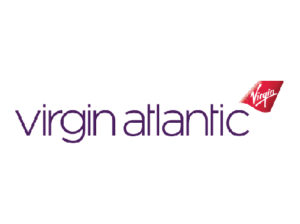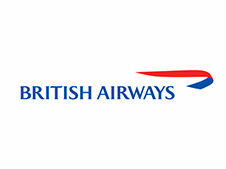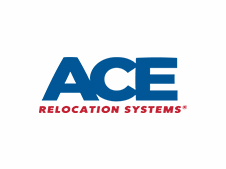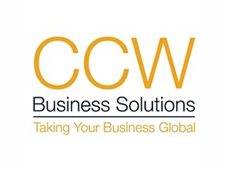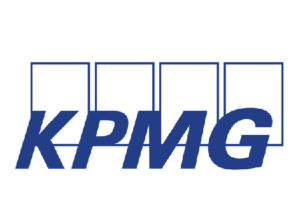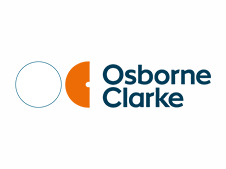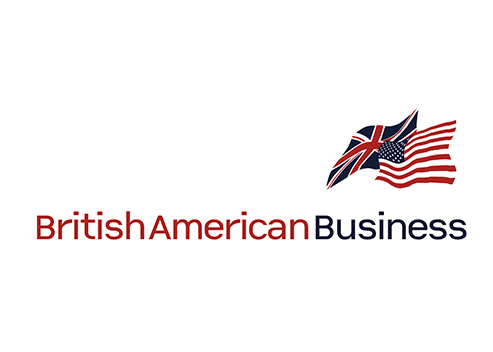

- 2nd edition of the index for 2022 from BritishAmerican Business and Bain & Company examines the strength of the transatlantic trade, business and economic relationship
- American companies cite fractured UK-EU relations, rise in business tax and shortages of skilled workers in UK as key anxieties for future British investments and the business climate
- Report highlights importance of transatlantic business relationships and the transatlantic corridor as key source of strength amid rising geopolitical and economic tensions
LONDON—July 18, 2021—US companies operating in the UK have seen their confidence in the British business environment dented by the ongoing impact of Brexit, along with anxieties over a rising corporate tax burden and increasing shortages of skilled labour, according to the latest Transatlantic Confidence Index issued today by BritishAmerican Business and Bain & Company.
The blow from Brexit to American businesses’ view of the business and investment environment offered by the UK is the biggest change in the Confidence Index from the high levels shown by its launch edition last year.
The “progressive impact of the UK-EU split” is the predominant reason for a fall in sentiment seen among US firms in the index. US survey respondents cited this as one of the “most unattractive aspects of doing business in Britain”, with persistent challenges over the UK-EU relationship having persisted, creating heightened political and regulatory uncertainty.
American businesses also singled out the prospect of a rising business tax burden and difficulties in attracting skilled workers as among their top concerns affecting their confidence for future investment in UK operations.
Today’s report highlights that heightened concern over the UK business tax regime is likely to have been fuelled by the UK Government’s controversial plan to increase the main rate of corporation tax next year from 19% to 25%.
The contentious corporation tax proposal has been thrust to the centre of political debate in the UK, with senior Conservative MPs and ministers who are vying to succeed Boris Johnson as the party’s leader and the next UK Prime Minister, taking starkly opposing positions over the plan.
UK skills shortages emerged in the Confidence Index as the other key concern among US business operating in Britain. Despite the UK’s post-Brexit efforts to relax its immigration framework to allow more workers to enter the country, a significant number of American firms reported ongoing labor shortages which they said cannot be met locally. The number of survey respondents with a negative view of the UK immigration and visa system outweighed those with a positive view by eight-to-one, making this the most negative overall factor in the UK business environment assessed by the Index.
However, despite these increased concerns over Brexit, taxation and skills, US businesses overall sentiment in the UK was only marginally lower than a year ago, with survey participants still reporting relatively high confidence. On a scale of 1 to 10, the average confidence rating reported fell to 7.3 for 2022, from 7.8 in 2021, while one in five respondents said their confidence in the UK is increasing. Although positive, this is fewer than in the previous edition of the Index. Last year, almost a quarter of companies expected their confidence in UK business conditions to increase over the next two to three years.
Today’s report reveals that what US companies want to see from the UK is clear and that to ensure their future investments they want the British Government to look to repair its political and trade relationships with the European Union – an issue also at the forefront of the race to be the next UK Prime Minister.
Pursuing a US-UK Free Trade Agreement remains a high priority for US companies, although less notably than in the previous edition of the Index. The report finds this may reflect the current, unfavourable transatlantic political conditions for such a deal.
Instead, companies are more focused on solving the immediate problems in the transatlantic corridor without a full FTA. Specifically, companies are eager to improve business mobility and want to pursue joint initiatives around sustainability to forge new business opportunities. US companies also would like to see greater clarity around the UK’s industrial strategy and support an expanded trade agenda with the rest of the world. However, the UK’s “Levelling Up” agenda was not seen as a priority for attracting increased foreign direct investment from the US.
To read the full report, click here.


